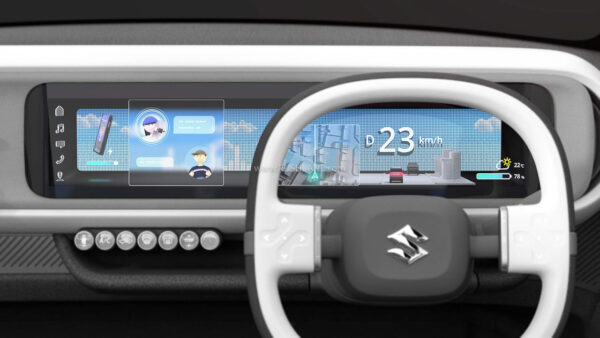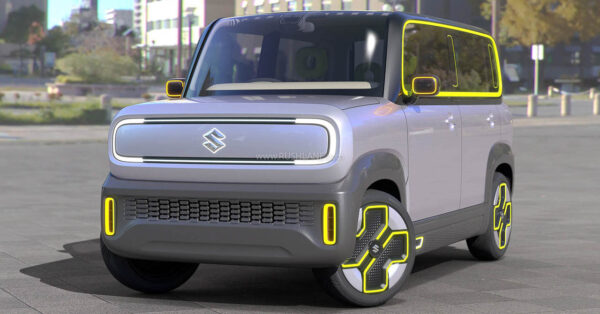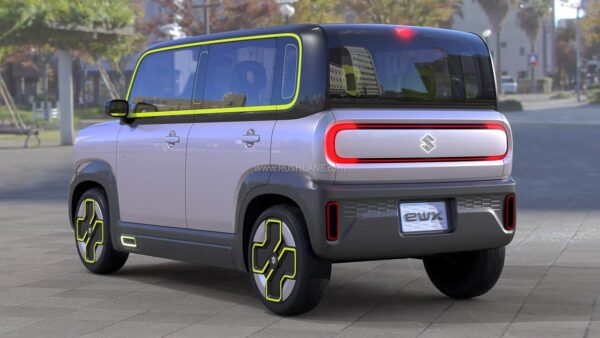
Unlike some OEMs that have initially relied on ICE to EV conversions, Maruti will start its EV journey with a born-electric platform
Although late in the EV game, Maruti Suzuki had mega plans for this segment. More than 10,000 crore investment has been earmarked for localization of EVs. The first product will be eVX compact electric SUV, expected to be launched in late 2024. Later in 2026-2027, Maruti will target the entry-level EV space, currently dominated by Tata Tiago EV.
Maruti small EV details
A few years back, Maruti was working on an ICE to EV conversion project in the form of Wagon R EV. That project was scrapped due to cost and technical aspects. Maruti is now developing a born-electric EV architecture (codenamed K-EV) that will be used for its compact electric vehicles.

It is different from the eVX that will spawn the Creta EV rivalling compact EV. Both these platforms will be used to develop multiple new EVs. Having two platforms will help add more variety and fulfil cost, efficiency and performance requirements.
Similar to the strategy followed by Tata Motors, Maruti Suzuki will also focus on achieving a high level of localization. Suzuki has tie-ups with Denso and Toshiba for manufacturing battery packs. For the upcoming eVX, Suzuki will be sourcing the blade cells from BYD. However, the battery supplier for K-EV small EV could be a different entity.

Maruti targeting half a million EV sales by FY31
Maruti has plans to ramp up its EV operations at a fast pace. By the end of this decade, Maruti is looking to add at least 6 new electric cars. By FY2031, Maruti EV sales will comprise around 15% of its overall sales. That’s around half a million units per annum. Maruti’s EV portfolio will have a wide range of options including hatchbacks, SUVs and MPVs. All EVs will be born electric and there won’t be any ICE to EV conversions.
To achieve a high level of localization, Suzuki has committed an investment of more than Rs 10,000 crore. The funds will be used for localization of cells as well as for production. Maruti EVs will compete with Tata EVs across both pricing and features.
As of now, Tata dominates with a market share of more than 70%. Entry-level Tiago EV is a key contributor, averaging sales of around 1,000 to 1,500 units per month. Tata will also launch Punch EV, which is expected to provide a significant boost to the company’s EV sales.
EV prices to match ICE-car prices in coming years
As of now, electric vehicles are sold at a premium. In the case of ICE Tiago and its EV version, the price difference is around 35%. Such price gaps are expected to reduce in future, as production volumes increase and battery prices fall. It will allow a faster transition from ICE to EVs. It will still be a long journey, as EV share in overall PV sales in 2023 was just around 2 percent.

